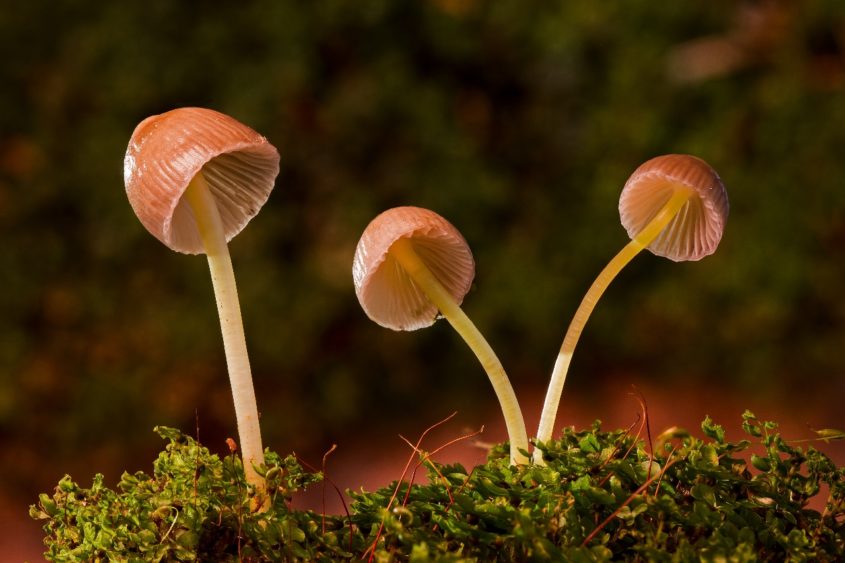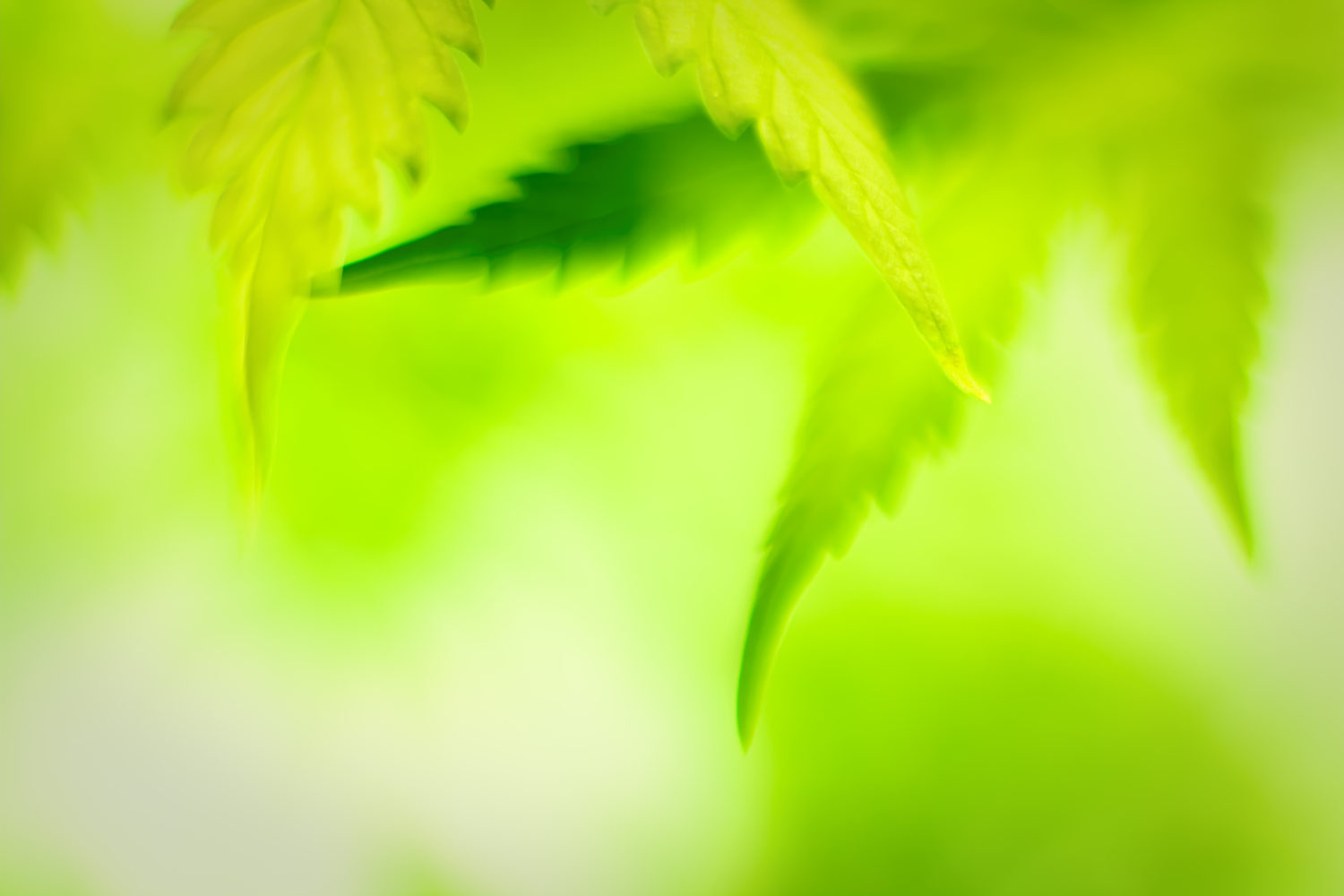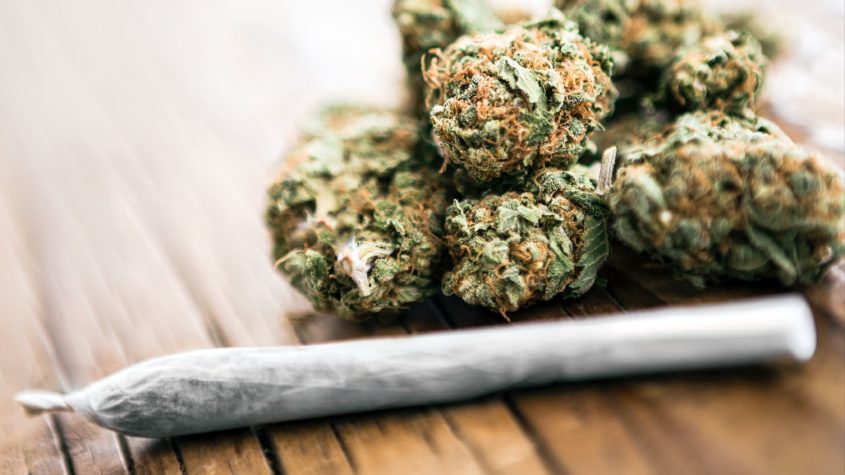In recent years, the use of psychedelics has become more accepted and recognized as a safe and effective way to treat mental health issues such as depression and anxiety. One of the most popular forms of psychedelic therapy is microdosing, which involves taking very small doses of psychedelics on a regular basis. This blog post will delve into the practice of micro-dosing mushrooms, including what it is, how it works, and what benefits they can provide.

What is Microdosing?
Microdosing involves consuming tiny amounts (typically less than 1 gram) of psychedelic substances such as LSD or psilocybin mushrooms on a regular basis. The goal is to experience subtle but noticeable changes in mood, creativity, productivity, and physical well-being without experiencing any intense psychedelic effects. Many people report that microdosing can improve their focus, reduce stress levels, boost energy levels, and enhance overall well-being. When you are looking to buy organic shrooms online Canada, it is important to understand the difference between microdosing and taking a full dose of magic mushrooms.
How Does Microdosing Work?
The exact mechanism by which microdosing works is not yet fully understood. However, research suggests that it may have an effect on serotonin receptors in the brain. Serotonin plays an important role in regulating mood and behavior; low levels are associated with depression and anxiety while higher levels are linked to improved cognitive behavior and increased motivation. It’s thought that by stimulating serotonin receptors in the brain with small doses of psychedelics like mushrooms or LSD, users are able to achieve a balanced state of mind without any extreme effects.
What Are The Benefits Of Microdosing?
The potential benefits of microdosing mushrooms are numerous. Some people report improved focus, reduced stress levels, increased productivity, improved sleep quality, enhanced creativity, better working memory capacity, and even improved sports performance! Additionally, some studies have shown that regular microdoses may help reduce symptoms associated with depression or anxiety disorders as well as chronic pain or fatigue syndromes such as fibromyalgia or chronic fatigue syndrome (CFS). The benefits of the penis envy magic mushroom for example is a lift in mood and energy throughout your day as long as you don’t take more than 1.5 grams.

Conclusion
In conclusion, microdosing mushrooms can be a safe and effective way to improve one’s mental health without experiencing any intense psychedelic effects. While research into the long-term effects of this practice is still ongoing and more needs to be done to understand its full potential benefits—as well as its risks—many people find that regular microdoses offer significant improvements in mood regulation, energy levels, and overall well-being. For those interested in exploring this alternative approach to mental health treatment further it’s important to speak with your doctor before beginning any new regimen. And always remember to start slow—start with smaller doses until you reach a comfortable level where you feel positive effects without any negative side effects or adverse reactions. Doing so will ensure you get the most out of your experience safely while minimizing any potential risks involved in using psychedelics for personal growth purposes. Good luck!

